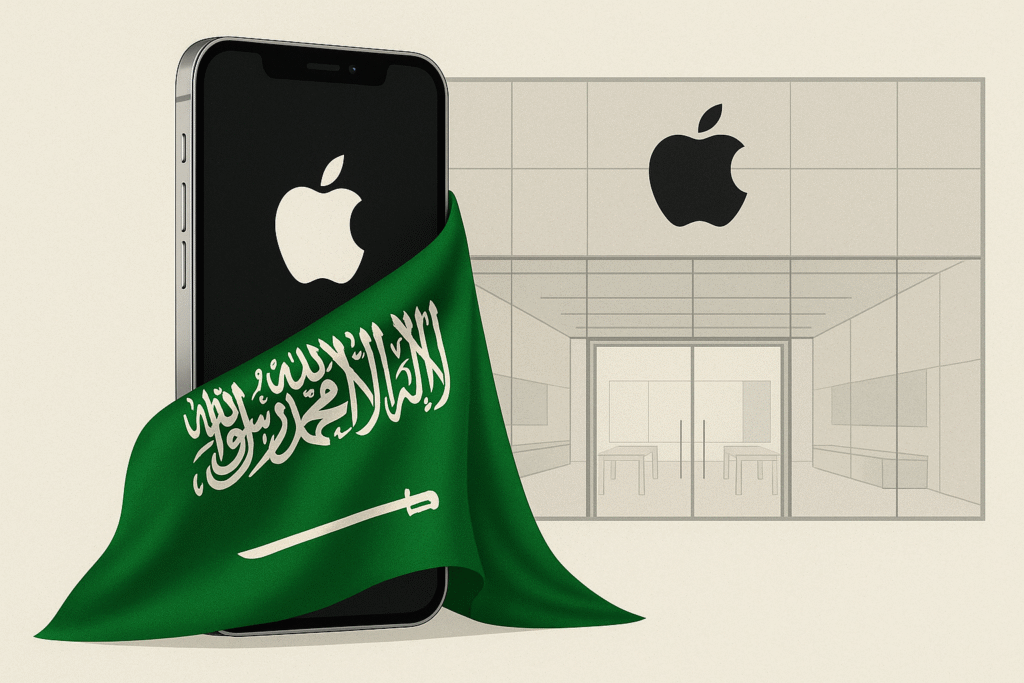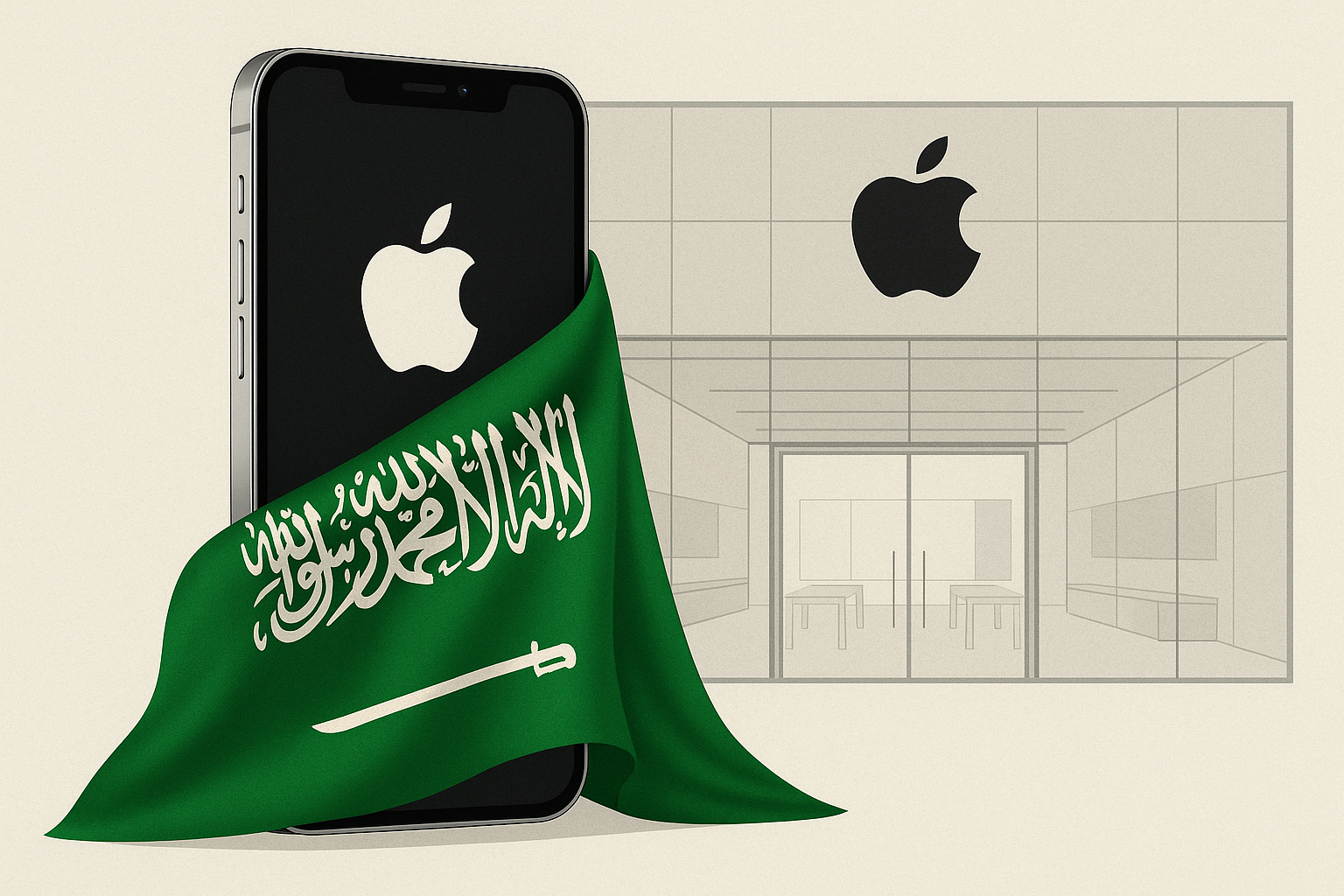
Apple has officially brought its retail operation to the Kingdom of Saudi Arabia, launching the Apple Store online and the Apple Store app with full Arabic language support. This marks the company’s first direct retail presence in the country, and it comes with the usual Apple polish: personalized shopping, AppleCare+, Arabic engraving, and promises of flagship physical stores starting in 2026.
But while Apple is highlighting customization and convenience, critics will be pointing to something else. The optics of cozying up to a regime accused of human rights abuses, digital repression, and lingering questions about its connection to the 9/11 terror attacks.
For Apple, Saudi Arabia represents a huge opportunity. It’s one of the fastest-growing economies in the region, filled with consumers who love iPhones, wear Apple Watches, and are likely to embrace Apple’s expanding services ecosystem. The country also aligns well with Apple’s retail playbook. Wealthy customers, modern infrastructure, and government partnerships that help pave the way.
According to Apple’s press release, customers in Saudi Arabia now get the “most personalized shopping experience” the company offers, including local chat support, payment via Buy Now Pay Later, and education discounts. Apple also confirmed plans to open several physical stores in the country, including a flagship location in Diriyah, a UNESCO World Heritage site tied closely to the ruling monarchy.
That part is likely to raise some eyebrows.
The Saudi government has faced international condemnation for censorship, surveillance, gender-based restrictions, and the brutal murder of journalist Jamal Khashoggi. While Crown Prince Mohammed bin Salman has positioned himself as a modernizer through the Vision 2030 plan, critics argue that Apple’s expansion helps normalize authoritarian control dressed up as progress.
The move also comes as lawsuits from families of 9/11 victims continue in U.S. courts. While there is no public evidence the Saudi government directly funded the attacks, the presence of Saudi nationals among the hijackers and declassified FBI documents suggesting possible support networks remain deeply controversial. For a company that prides itself on ethics and privacy, launching retail in a country with that baggage could be seen as a tone-deaf pursuit of profit.
Apple is no stranger to these balancing acts. In China, it has complied with data localization laws, removed VPN apps from the App Store, and faced criticism for compromising on free expression. Now Saudi Arabia joins that list of uncomfortable partnerships. Markets too big to ignore, even when the political cost is high.
To be fair, Saudi Apple fans are likely thrilled. They’ll finally have access to the same services, support, and personalization options that many other regions take for granted. And Apple’s entry could raise the bar for digital commerce in the region. But the question isn’t whether customers will benefit. It’s whether Apple’s reputation will.
For a company that claims to put privacy and human rights at the center of its brand, expanding into authoritarian regimes is a tough sell. At what point does convenience for consumers become complicity with power?


